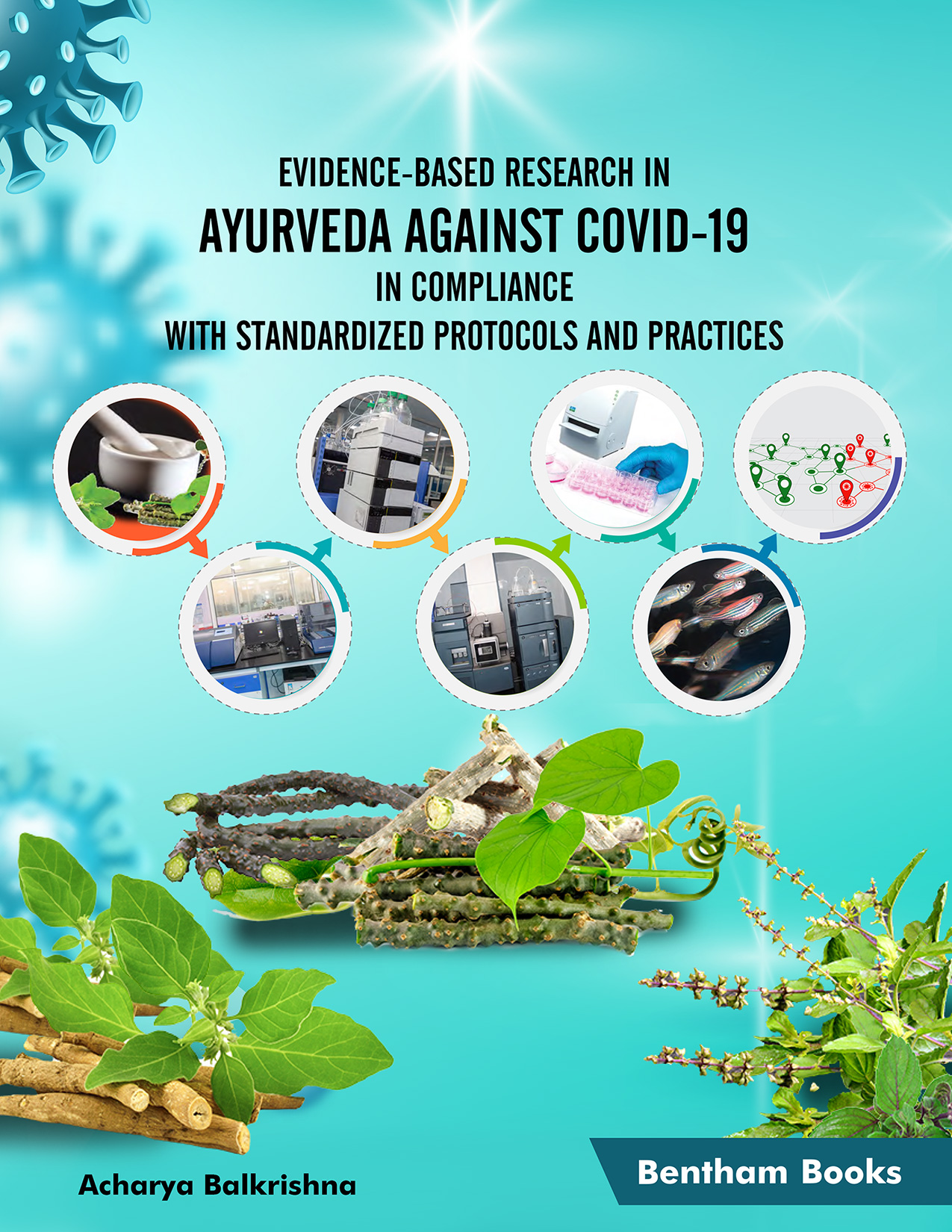Introduction
This book details all the intricacies and essential knowledge involved in the research and development of the Coronil Kit – a combination of 3 ayurvedic medications for the common cold. It informs the reader about the huge potential of herbal drugs in fighting against any type of disease through evidence-based data from clinical trials and experiments. The book elaborates how current scientific techniques can be applied to understand the healing capacities of plants at their molecular level and thus utilize their different combinations to treat diseases by targeting harmful micro-organisms and simultaneously boosting the immune system. It covers methods of virtual screening and computational validation of identified phytochemicals as potential antiviral agents against the SARS-CoV-2 virus.
70 colored figures.
Key features:
- Covers the molecular etiology of COVID-19 virus
- Covers guidance on drug formulation, hazard assessment, and clinical trials based on approved methods by regulatory organizations
- Covers pharmacological, toxicological, and technically verified chemical composition of medicinal plants
- Includes information about in vivo experiments and analysis of Humanoid Zebrafish trials
- Includes methods of identifying antiviral agents against the SARS-CoV-2 virus
- Includes chemical, analytical and technical studies of Coronil
- Includes 70 images 7 chapters
- Includes a bibliography and appendix
The book is primarily intended as a primary resource for medical research scholars and researchers in pharmaceutical companies and as a secondary resource for B.A.M.S. students, medical postgraduate students, and Ayurveda enthusiasts.
Audience:
Medical research scholars and researchers in pharmaceutical companies, B.A.M.S. students, medical postgraduate students, and Ayurveda enthusiasts.

